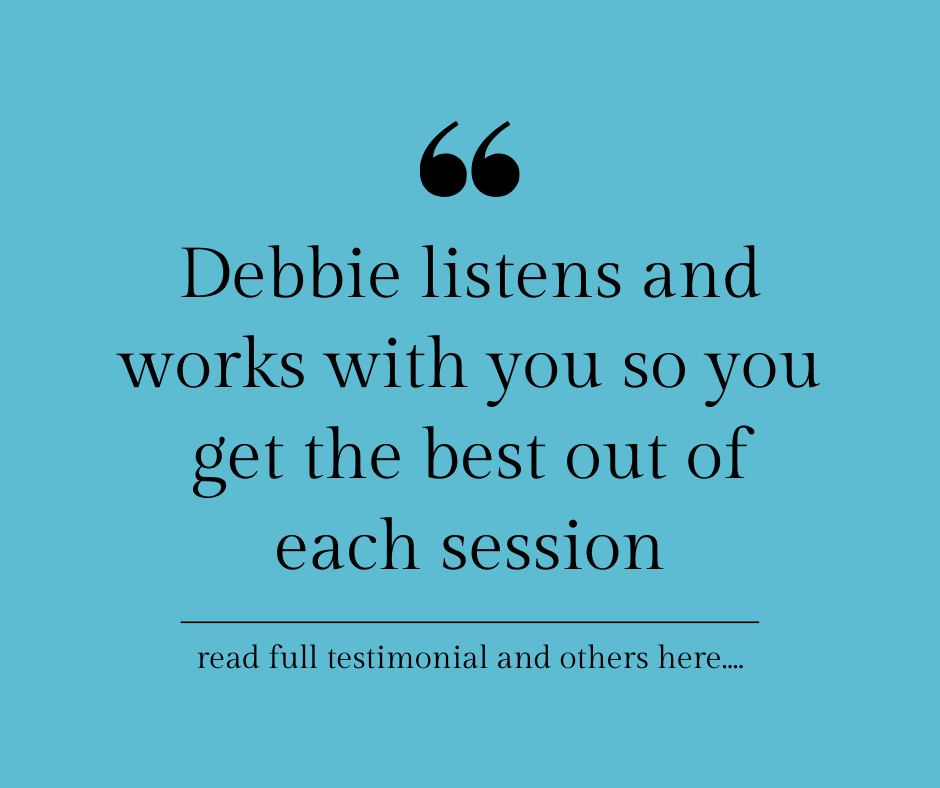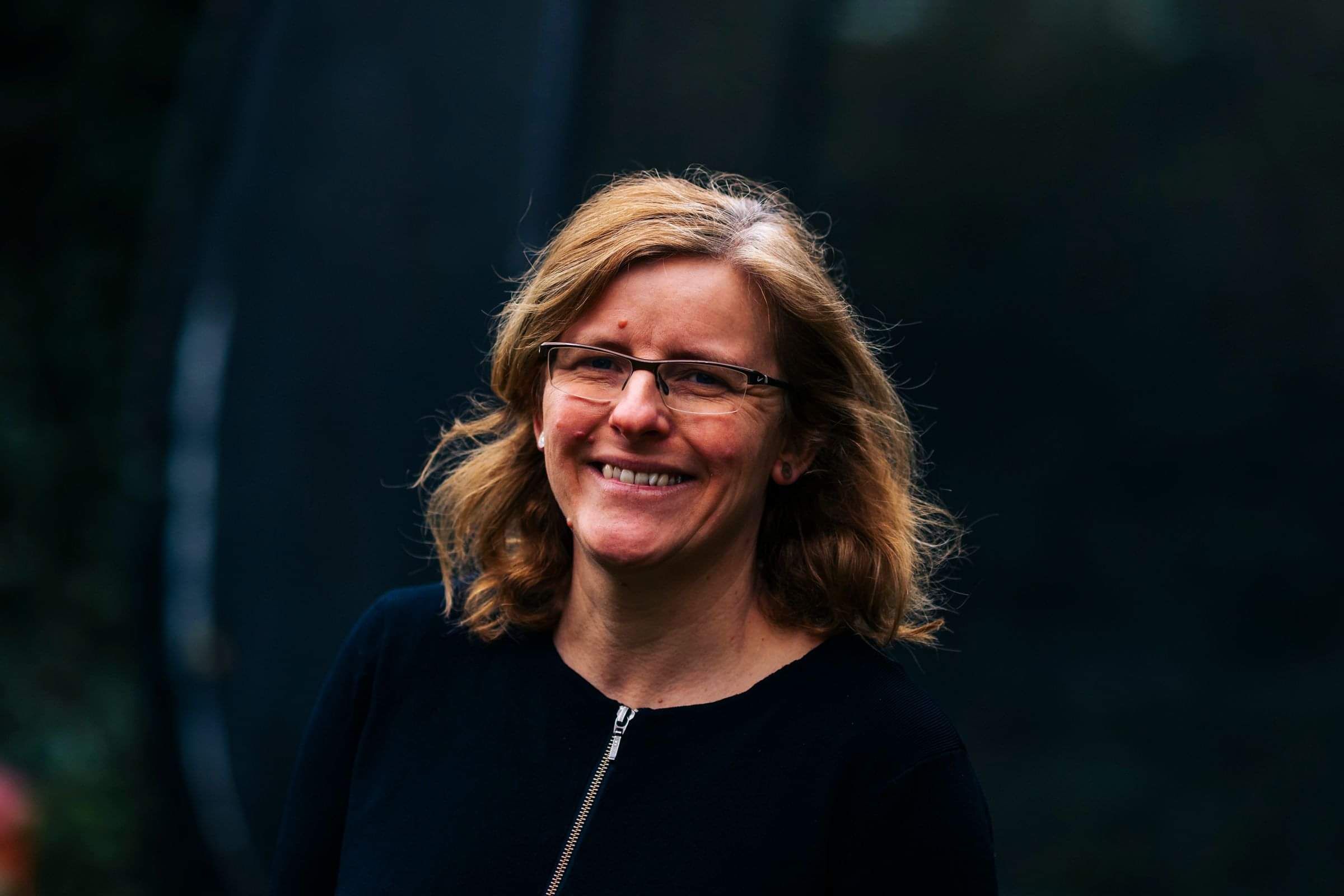Sleep Hypnosis
Hypnotherapy for better sleep
Hypnotherapy can be really effective at helping to improve our sleep.
Although hypnosis isn’t the same thing as sleep, being in an hypnotic state is extremely relaxing. I know from personal experience that a hypnosis session can leave me profoundly relaxed afterwards; I almost feel like I do after I’ve had a good night’s sleep.
If we can help your mind relax, sleep can follow.

Is there a reason you’re not sleeping well?
Sometimes clients who come to me for hypnotherapy to help them sleep better realise there’s an underlying reason why they don’t sleep well. If we have significant stressors in our life it is perhaps not surprising that anxiety or over-thinking takes over and we experience insomnia.
These stressors may be related to things from the past or things happening today, either way I can help with hypnotherapy for anxiety and hypnosis for stress.
Poor sleep can also just be a case of losing the habit of good sleep
I also see clients for hypnotherapy who just need a little help to re-establish previously good sleeping habits. These clients have slept well in the past and there’s no reason they can think of for why they shouldn’t be sleeping well now.
This can be so frustrating. And frustration is of course not conducive to good sleep and so leads to more poor sleep and so a viscous cycle is formed. We may end up believing “I’ve never going to be able to sleep again!”
Sometimes we know we’ve come through a stressful or anxious time, but for some reason or other even though the stressors are no longer there we just can’t go back to a good night’s sleep
Sleep hypnosis can be great for re-connecting you with your ability to sleep, for re-establishing the habit of sleep.
What else can you do to improve your sleep without using hypnosis?
A little about Sleep Hygiene
If you’ve been googling “How can I sleep better?” then you may already be aware of the idea of sleep hygiene. The term sleep hygiene refers to developing daily habits and a bedtime routine that promotes, uninterrupted, good sleep. And it’s worth exploring if you aren’t familiar with the idea.
Sleep hygiene includes things like paying attention to when you go to bed, the relaxing routine you follow as bedtime approaches and ensuring your mind associates being in bed with sleeping, rather than watching TV or scrolling on your phone.
It also covers exercise and diet. Exercising during the day can help us sleep at night. For some people drinking caffeine close to bedtime or eating a big meal late at night negatively affects their ability to sleep. Alcohol can help us get to sleep, but as our body metabolises it, it can then have the opposite effect and wake us up.
It’s important to remember that good sleep hygiene for one person isn’t good hygiene for another. For instance I drink tea late at night, just before I go to bed and it doesn’t affect my sleep. However I know to avoid large meals, so I eat earlier. I’m also careful with screen time, as I find too much before bed can leave my mind too active for sleep. I do have a TV in the bedroom, but I only turn it on in the morning if I want a lazy Sunday lie in.
If you know you have poor sleep hygiene but struggle to change it then I can help you become more motivated to make the changes you know you need to make, to pave the way to better sleep.
Relaxation apps and recordings
There are many phone apps available to help you sleep. There are also free recordings available on the internet. You are more than welcome to download my free guided relaxation audio.


